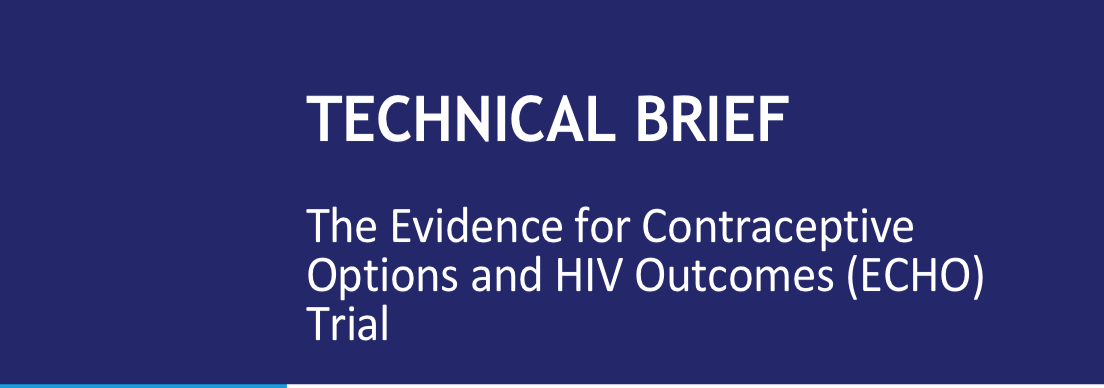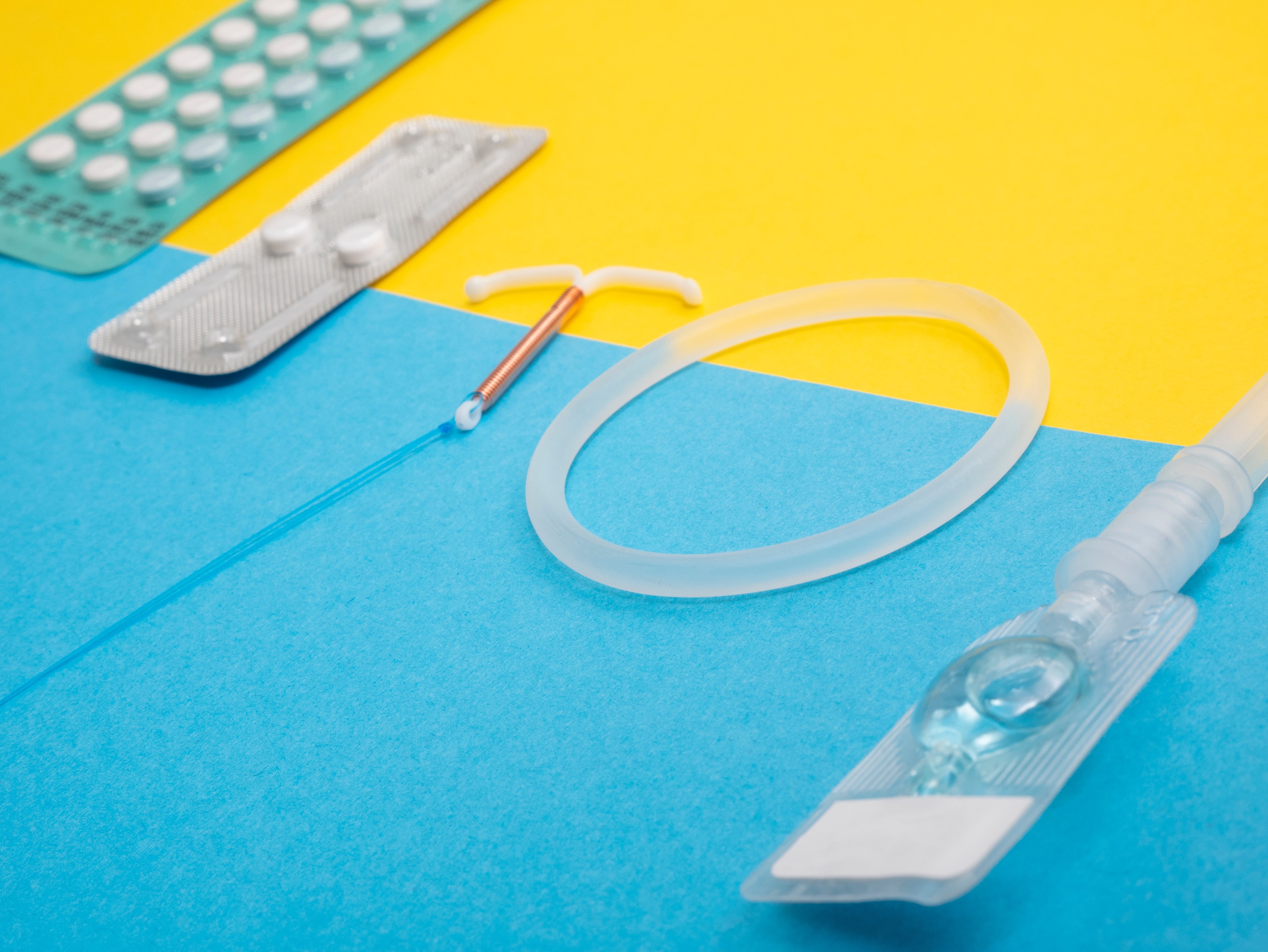Spotlight
A selection of resources from across the Federation

HIV Theory of Change
Our HIV Theory of Change is to clarify the goals and vision of IPPF’s HIV programme and to articulate the different pathways and strategies IPPF uses to contribute towards its HIV goals and vision.
Filter our resources by:


| 09 July 2019
IPPF Technical Brief on the ECHO trial
Since the early 1990s, the evidence has been inconclusive as to whether using hormonal contraception increases women’s risk of acquiring HIV, particularly among progestogen-only injectable users. Observational studies indicated that women using progestogen-only injectable contraceptive methods may be at higher risk of acquiring human immunodeficiency virus (HIV). The ECHO trial finds no link between HIV acquisition and the use of DMPA-IM, progestogen implant, and non-hormonal copper IUD.
| 15 March 2018
Integration of DMPA‑SC into the method mix contributes to increased uptake of all methods of family planning
Injectable contraceptives are an increasingly popular method of family planning. They are safe, discrete, highly effective, and generally last for several months. Sayana® Press, also known as subcutaneous depot medroxyprogesterone (DMPA‑SC), is a lower‑dose formula version of the already popular injectable Depo‑Provera. DMPA‑SC combines the drug and needle in a single‑use unit, which makes it easy to transport and simple to use with little training. DMPA‑SC can be administered by community health workers (CHWs) and women themselves – potentially making injectable contraceptives available to women who can’t easily travel to clinics.
| 14 March 2018
IMAP Statement on emergency contraception
Emergency contraception (EC) refers to any contraceptive method that can be used after having unprotected or inadequately protected sexual intercourse (UPSI) but before pregnancy occurs, providing women with the opportunity to prevent an unwanted pregnancy. EC is a safe and effective method for preventing unwanted pregnancy and can reduce the risk of pregnancy by up to 99%. In spite of its effectiveness, EC is not frequently used. In many countries, women face barriers to accessing EC. The majority of women in low‑income countries are unaware of EC. Moreover, some providers have negative attitudes toward providing EC to women and girls.

| 21 February 2018
Relationships and Sex Education is changing in the UK
Current UK guidelines on relationships and sex education (RSE) haven’t changed since 2000; a review is long overdue. In 2020 relationships and sex education will become compulsory in schools in England. Studies have shown that well-designed and well-taught sex education can support positive sexual health outcomes, such as reducing teenage pregnancy and sexually transmitted infection rates. Brook and FPA volunteers want more than that – they want to see issues like consent, support, and mutual respect included and discussed in an open, frank and positive way. Photography © IPPF/Laura Lewis

| 06 February 2018
Myth-busting facts about the contraceptive injection
Watch this short animation to learn more about the contraceptive injection, a contraceptive method that requires no daily action and doesn't interfere with sex. Learn more about other methods
| 01 February 2018
TAKING STOCK: IPPF Recommendations on the Global Financing Facility (GFF)
The Global Financing Facility (GFF) is a financing mechanism in support of reproductive, maternal, newborn, child and adolescent health launched in 2015. This IPPF briefing sets out recommendations for GFF stakeholders and financiers as the GFF undergoes its first replenishment process.















